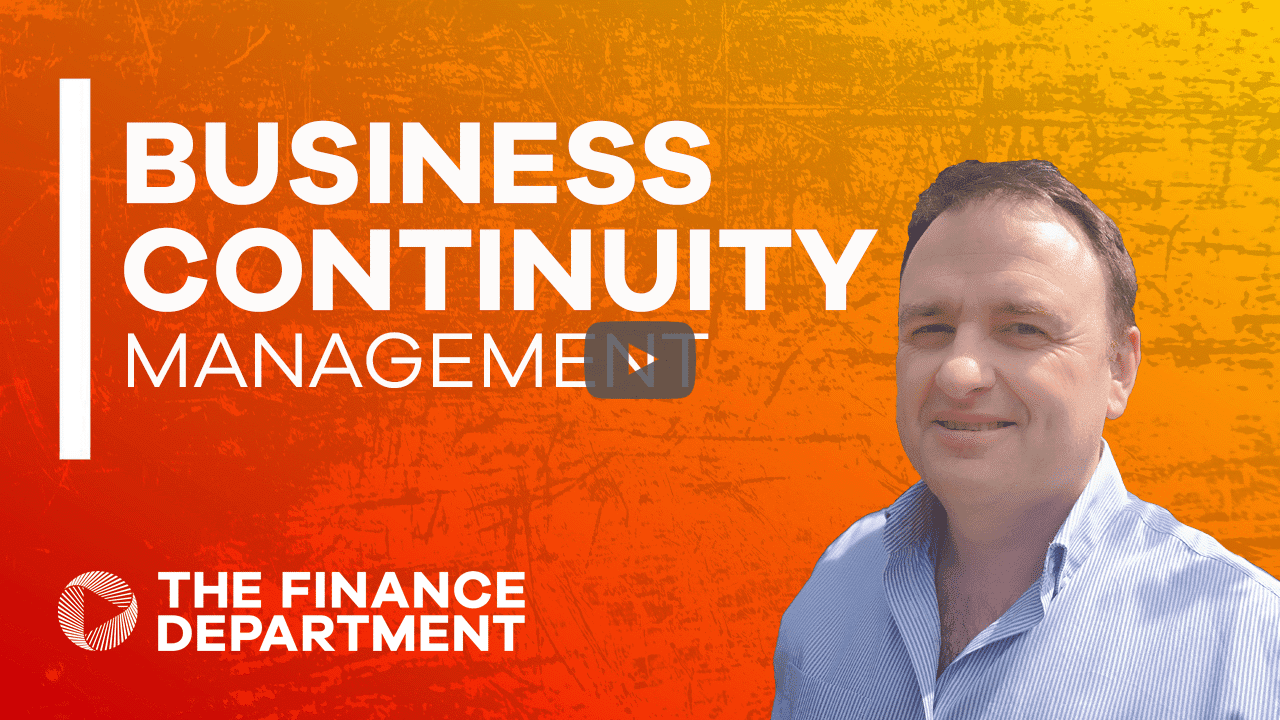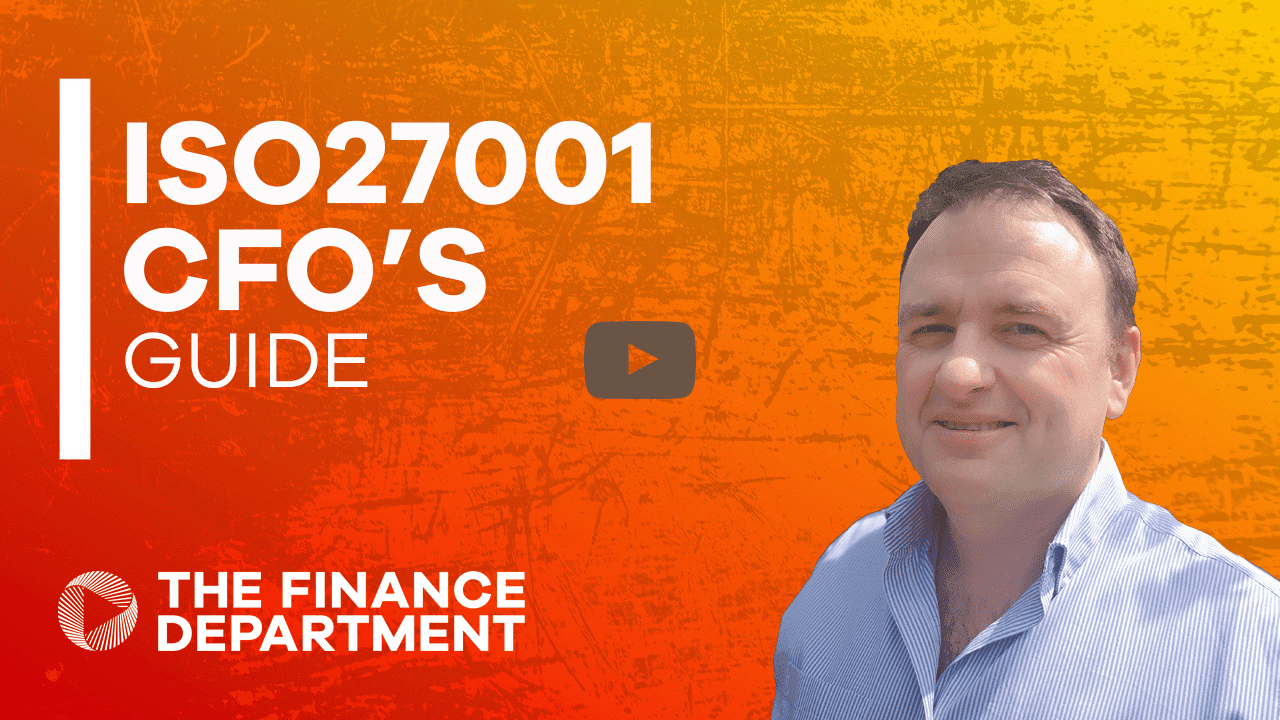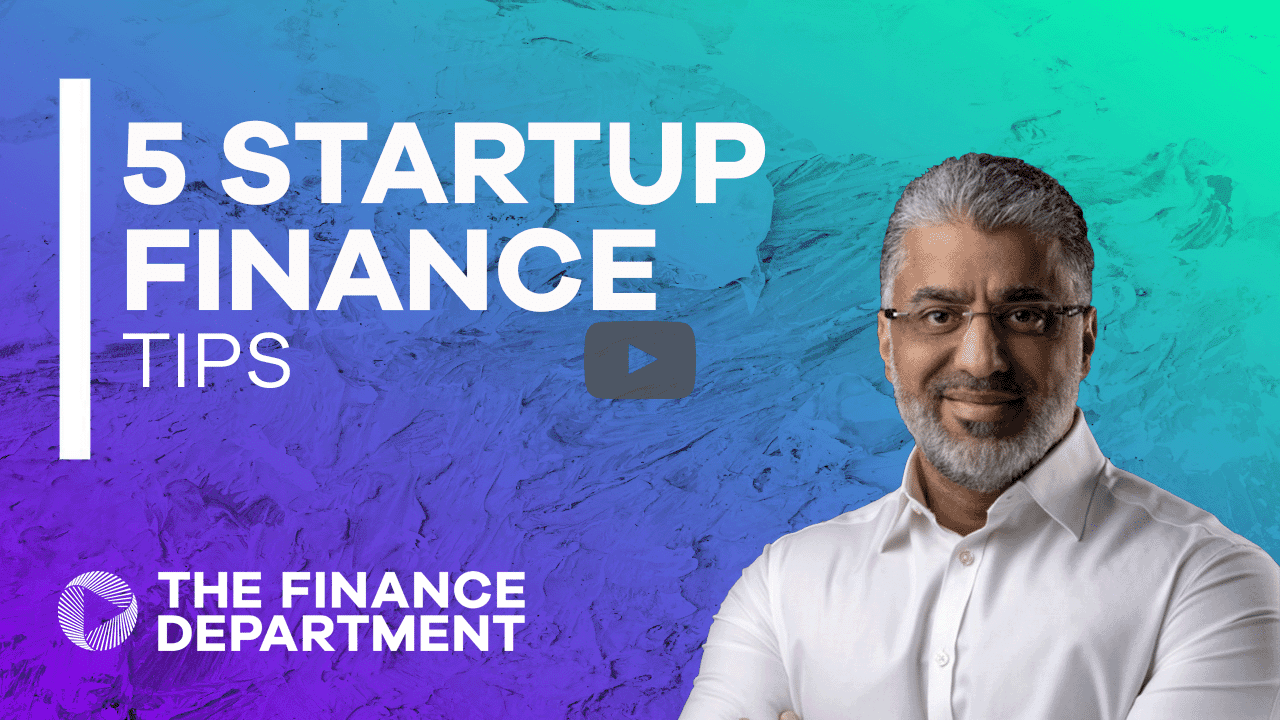Join today and start learning
TFD is the learning platform built for finance professionals.
This content is available as part of our bitesized video series.
Watch this video today by joining our free community.
Join today and start learning
TFD is the learning platform built for finance professionals.
This content is available as part of our bitesized video series.
Watch this video today by joining our free community.
Video : Series A,B, C, D and E funding- how it works
Watch the video to get an overview of different funding options, the money involved in each funding options and how we can help.
Raising equity funding for your startup is a long, difficult, and often demoralising process.
One of the major challenges that founders run across is that raising a round often takes more time than they expected.
While a founder might know that your startup is excellent, convincing other people to invest thousands – and potentially millions – of pounds into the company is not a simple task.
Another challenge that arises with equity funding is that there are more people involved in running the company.
While most founders start with a small, intimate team, each round of funding brings on new investors.
But despite these challenges, thousands of startups raise funding every year, implying that the potential rewards outweigh the guaranteed strife and risk.
Here’s an outline of what a startup founder can expect at each stage of raising equity funding.
Pre-Seed Funding
Pre-seed funding is the earliest stage of funding.
At this stage, founders of working with a very small team (or even by themselves) and are developing a prototype or a proof-of-concept.
The money to fund a pre-seed stage typically comes from the founders themselves, their families, friends and family, and maybe an angel investor or an incubator.
Seed Funding
What is seed funding?
Seed funding may be raised from family and friends, angel investors, incubators, and venture capital firms that focus on early-stage startups. Angel investors are perhaps the most common type of investor at this stage.
How much money is involved in seed funding?
Seed funding is usually between £500,000 and £2 million, but it may be more or less, depending on the company. The typical valuation for a company raising a seed round is between £3 million and £6 million.
Series A FUNDING
What is a Series A funding round?
In a Series A round, startups are expected to have a plan for developing a business model, even if they haven’t proven it yet. They’re also expected to use the money raised to increase revenue.
How much money is involved in a Series A funding round?
Because the investment is higher than the seed round –usually £2 million to £15 million –investors are going to want more substance that they required for the seed funding, before they commit.
Series A funding usually comes from venture capital firms, although angel investors may also be involved. Additionally, more companies are using equity crowdfunding for their Series A.
Series B FUNDING
What is a Series B funding round?
A startup that reaches the point where they’re ready to raise a Series B round has already found a product/market fit needs help expanding.
The expansion that occurs after a Series B round is raised includes not only gaining more customers, but also growing the team so that the company can serve that growing customer base.
How much money is involved in a Series B funding round?
A Series B round is usually between £7 million and £10 million. Companies can expect a valuation between £30 million and £60 million.
Series B funding usually comes from venture capital funds, often the same investors who led the previous round.
Series C FUNDING
What is Series C funding round?
Companies that make it to the Series C stage of funding are doing very well and are ready to expand to new markets, acquire other businesses, or develop new products.
Series C is often the last round that a company raises, although some do go on to raise Series D and even Series E round – or beyond.
How much money is involved in a Series C funding round?
For their Series C, startups typically raise an average of £26 million. Valuation of Series C companies often for between £100 million and £120 million.
Series C funding typically comes from venture capital firms that invest in late-stage startups, private equity firms, thanks, and even hedge funds.
Series D FUNDING
What is Series D funding round?
A Series D round of funding is it a more complicated than the previous rounds. As mentioned, many companies finish raising money with their Series C.
However, there are a few reasons a company may choose to raise a Series D.
How much money is involved in a Series D funding round?
Series D rounds are typically funded by venture capital firms. The amount raised and valuations vary widely, especially because so few startups reach the stage.
Series E FUNDING
What is Series E funding round?
If few companies make it to Series D. even fewer make it to Series E. Companies that reach this point may be raising for many of the reasons listed in the Series D round:
They’ve failed to meet expectations; they want to stay private longer; or they need a little more help before going public.
How can we help?
Clear House Accountants are excellent accountants in London who have been helping startups at various stages of business growth. Our accountants have years worth of experience in providing their expertise to new businesses to help them grow their business while saving money.
Contact us:
Call: +44 (0)207 117 2639
Email: info@chacc.co.uk
Clear House Accountants
The world no longer recognises traditional accountancy firms, there is now a need for analytical business partners. At Clear House Accountants, we recognise this and have positioned ourselves as a digital accountancy practice that sparks creativity and growth by infusing futuristic, adaptive and technologically advanced solutions. We take pride in going above and beyond when assisting our clients through different stages of the economic and business cycle. As a renowned award-winning accountancy service providing firm in the United Kingdom, we at Clear House, help build collaborative ecosystems around the businesses we work with.
Video: Series A,B, C, D and E funding- how it works
Watch the video to get an overview of different funding options, the money involved in each funding options and how we can help.
Raising equity funding for your startup is a long, difficult, and often demoralising process.
One of the major challenges that founders run across is that raising a round often takes more time than they expected.
While a founder might know that your startup is excellent, convincing other people to invest thousands – and potentially millions – of pounds into the company is not a simple task.
Another challenge that arises with equity funding is that there are more people involved in running the company.
While most founders start with a small, intimate team, each round of funding brings on new investors.
But despite these challenges, thousands of startups raise funding every year, implying that the potential rewards outweigh the guaranteed strife and risk.
Here’s an outline of what a startup founder can expect at each stage of raising equity funding.
Pre-Seed Funding
Pre-seed funding is the earliest stage of funding.
At this stage, founders of working with a very small team (or even by themselves) and are developing a prototype or a proof-of-concept.
The money to fund a pre-seed stage typically comes from the founders themselves, their families, friends and family, and maybe an angel investor or an incubator.
Seed Funding
What is seed funding?
Seed funding may be raised from family and friends, angel investors, incubators, and venture capital firms that focus on early-stage startups. Angel investors are perhaps the most common type of investor at this stage.
How much money is involved in seed funding?
Seed funding is usually between £500,000 and £2 million, but it may be more or less, depending on the company. The typical valuation for a company raising a seed round is between £3 million and £6 million.
Series A FUNDING
What is a Series A funding round?
In a Series A round, startups are expected to have a plan for developing a business model, even if they haven’t proven it yet. They’re also expected to use the money raised to increase revenue.
How much money is involved in a Series A funding round?
Because the investment is higher than the seed round –usually £2 million to £15 million –investors are going to want more substance that they required for the seed funding, before they commit.
Series A funding usually comes from venture capital firms, although angel investors may also be involved. Additionally, more companies are using equity crowdfunding for their Series A.
Series B FUNDING
What is a Series B funding round?
A startup that reaches the point where they’re ready to raise a Series B round has already found a product/market fit needs help expanding.
The expansion that occurs after a Series B round is raised includes not only gaining more customers, but also growing the team so that the company can serve that growing customer base.
How much money is involved in a Series B funding round?
A Series B round is usually between £7 million and £10 million. Companies can expect a valuation between £30 million and £60 million.
Series B funding usually comes from venture capital funds, often the same investors who led the previous round.
Series C FUNDING
What is Series C funding round?
Companies that make it to the Series C stage of funding are doing very well and are ready to expand to new markets, acquire other businesses, or develop new products.
Series C is often the last round that a company raises, although some do go on to raise Series D and even Series E round – or beyond.
How much money is involved in a Series C funding round?
For their Series C, startups typically raise an average of £26 million. Valuation of Series C companies often for between £100 million and £120 million.
Series C funding typically comes from venture capital firms that invest in late-stage startups, private equity firms, thanks, and even hedge funds.
Series D FUNDING
What is Series D funding round?
A Series D round of funding is it a more complicated than the previous rounds. As mentioned, many companies finish raising money with their Series C.
However, there are a few reasons a company may choose to raise a Series D.
How much money is involved in a Series D funding round?
Series D rounds are typically funded by venture capital firms. The amount raised and valuations vary widely, especially because so few startups reach the stage.
Series E FUNDING
What is Series E funding round?
If few companies make it to Series D. even fewer make it to Series E. Companies that reach this point may be raising for many of the reasons listed in the Series D round:
They’ve failed to meet expectations; they want to stay private longer; or they need a little more help before going public.
How can we help?
Clear House Accountants are excellent accountants in London who have been helping startups at various stages of business growth. Our accountants have years worth of experience in providing their expertise to new businesses to help them grow their business while saving money.
Contact us:
Call: +44 (0)207 117 2639
Email: info@chacc.co.uk
Clear House Accountants
The world no longer recognises traditional accountancy firms, there is now a need for analytical business partners. At Clear House Accountants, we recognise this and have positioned ourselves as a digital accountancy practice that sparks creativity and growth by infusing futuristic, adaptive and technologically advanced solutions. We take pride in going above and beyond when assisting our clients through different stages of the economic and business cycle. As a renowned award-winning accountancy service providing firm in the United Kingdom, we at Clear House, help build collaborative ecosystems around the businesses we work with.










